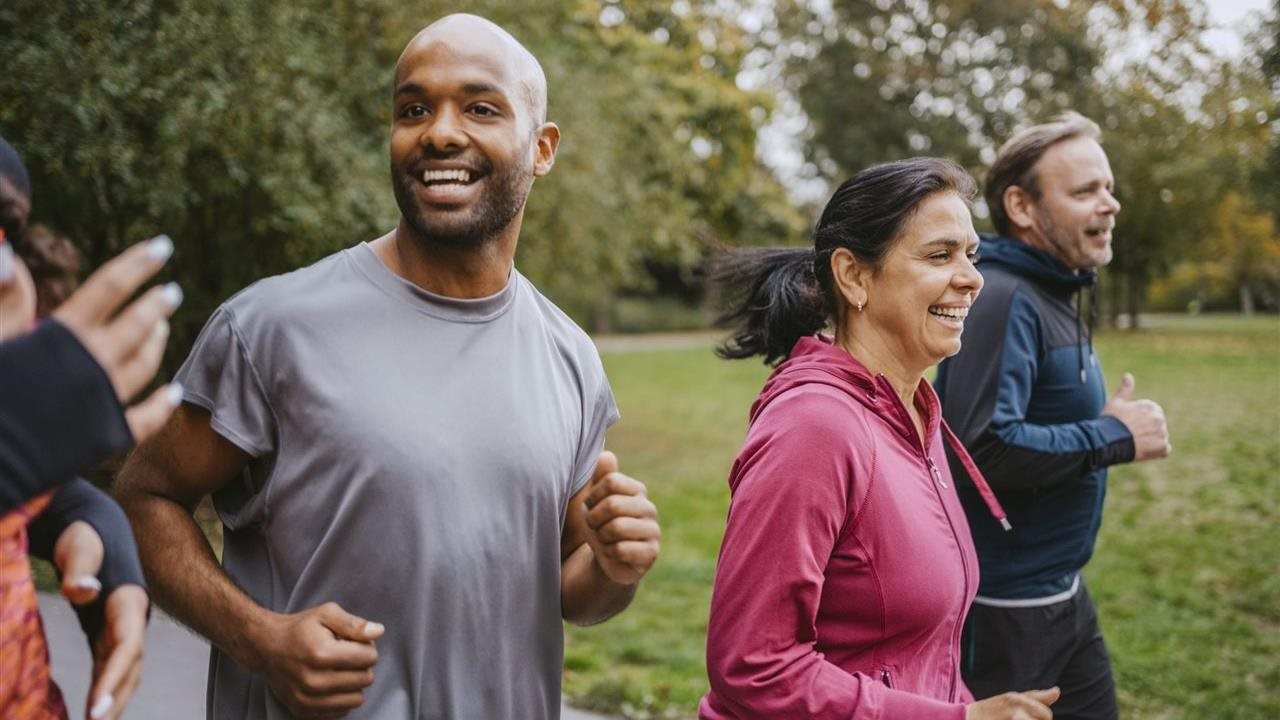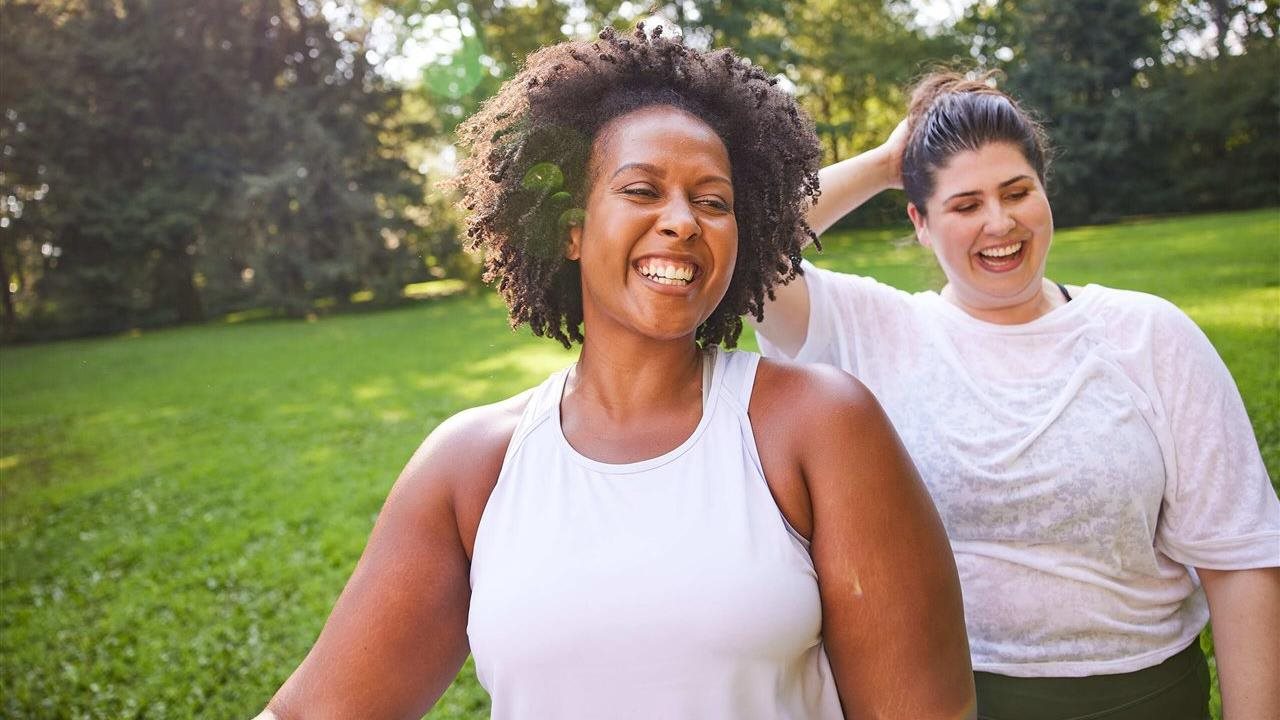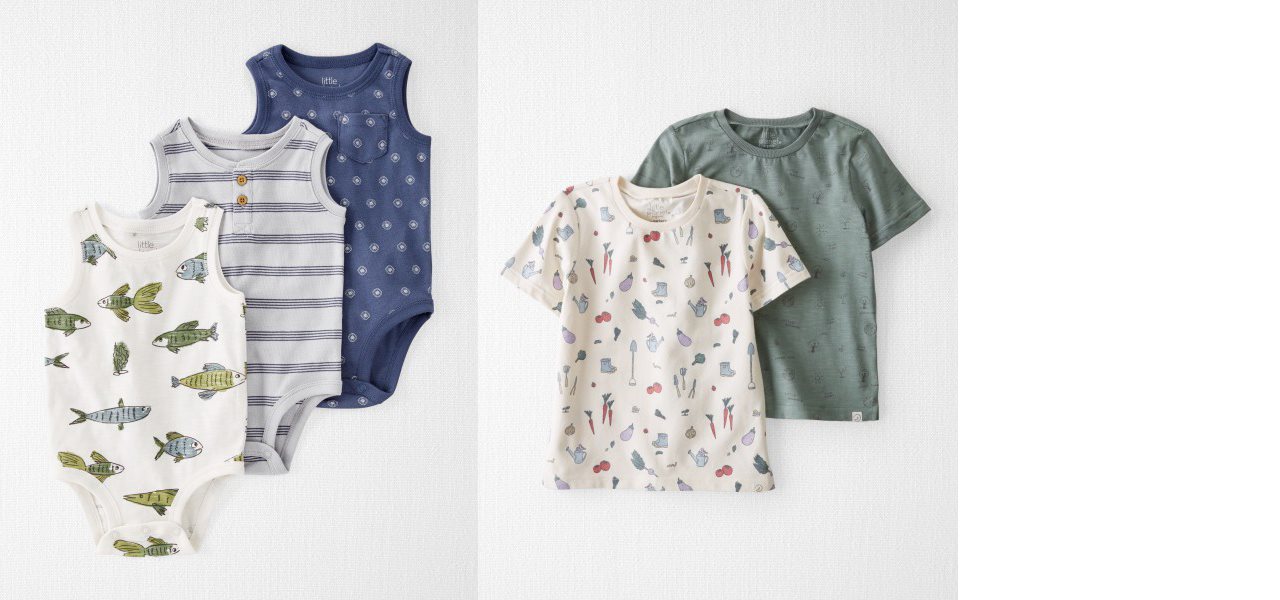2023-04-25T07:01:00
(BPT) – Did you know that the younger someone is when they start drinking alcohol or using other drugs, the more likely they are to develop a substance use disorder as an adult? And with more than 140,000 people dying from excessive alcohol use in the United States each year, according to the Centers for Disease Control and Prevention, it’s crucial for all the important people in young people’s lives — parents and caregivers, educators, and community members — to talk with them regularly about the harms of alcohol and other drug use and to look for signs that may signal they need additional support.
You can help kids understand the risks of substance use, provide them with a supportive and nurturing environment, and help prepare and empower them to make good choices — and it all starts with talking. In fact, the sooner you talk with kids about alcohol and other drugs, the greater chance you have of influencing their decisions about substance use. Substance Abuse and Mental Health Services Administration’s (SAMHSA) “Talk. They Hear You.”® campaign provides resources and tools that will help you get informed, be prepared and take action by starting meaningful conversations with kids at an early age and continuing to talk as they get older.
Get Informed
Before you start talking with youth about substance use, it’s important to get informed about the dangers of underage drinking and other drug use. The adolescent brain is still developing, which is why drinking alcohol or using other drugs has especially negative consequences for young people. Consequences can include impaired judgment and increased risk for injuries, violence, behavioral and academic problems, and even death due to events such as motor vehicle crashes, accidents, suicide and homicide. In addition, the 2021 National Survey on Drug Use and Health from the Substance Abuse and Mental Health Services Administration found that adolescent overdose deaths increased by 109% from 2019 to 2021, largely due to opioids (90%) and illicitly manufactured fentanyl, counterfeit pills, and stimulants.
You can learn more about the effects of underage drinking and other drug use by listening to the campaign’s “What Parents Are Saying — Prevention Wisdom, Authenticity, and Empowerment” podcast. It features parents, caregivers, and experts lending their knowledge, unique perspectives, and experiences to discussions about youth substance use and mental health. Additional “Talk. They Hear You.” materials, including videos, fact sheets, and brochures, provide information about the risks of drinking alcohol and using other drugs, as well as discussion starter ideas and suggestions on what to say and how to say it.
Be Prepared
To make sure you’re prepared for these important conversations, download the “Talk. They Hear You.”® mobile app on the App Store, Google Play, and Microsoft Store. The app’s resources and tools will show you how to turn everyday situations into opportunities to talk with kids about underage drinking and other drug use — equipping you with the knowledge, skills, and confidence to start and continue conversations on these difficult topics as they get older.
The app can also help communities promote and implement the “Talk. They Hear You.” campaign locally and assist student assistance professionals, school leaders, and families in working together to support the needs of students who may be struggling with substance use, mental health, or school-related issues.
Take Action
Having short, frequent conversations with youth can have a real impact on their decisions about substance use. And lots of little talks are more effective than one “big talk.” Sitting down for the “big talk” about alcohol and other drugs can be intimidating for everyone involved. Try using everyday opportunities to start and continue the conversation — in the car, on the bus or subway, during dinner or while watching TV or playing video games. Having many little talks takes the pressure off trying to get all the information out in one lengthy discussion, and kids will be less likely to tune you out. During these conversations, kids may ask you some tough questions — and “Talk. They Hear You.” has tips to help you be ready to answer them. The campaign’s fact sheets and discussion starter videos show you different ways to talk about substance use and have open, honest conversations.
If you’re an educator or part of a community organization, you can use the “Parents’ Night Out” materials and discussion starter video series to host interactive, facilitator-led educational sessions on substance use prevention. User-friendly toolkits are available for download and include all the materials needed for a single hour-long “Parents’ Night Out” session, or a series of three one-hour program sessions. These toolkits contain everything you’ll need to plan, prepare and host in-person and virtual “Parents’ Night Out” events in your community. Visit the “Talk. They Hear You.” campaign website to learn more.
What if a child needs more support?
The campaign’s Screen4Success tool, available via the “Talk. They Hear You.”® mobile app, can help parents and caregivers better understand the health, wellness and wellbeing of their children and find resources to address their needs. Screen4Success asks questions about substance use, mental and physical health, general wellbeing and family life. This provides an easy way to identify areas where children may benefit from additional support. Parents and caregivers are encouraged to fill out the screener with their kids, as it provides opportunities for discussion at the moment. If that’s not possible, they can send it to their kids to complete on their own.
This May, in observance of National Prevention Week, pledge to start — and keep — talking with kids about underage drinking and other drug use prevention: because when you talk, they hear you!


























